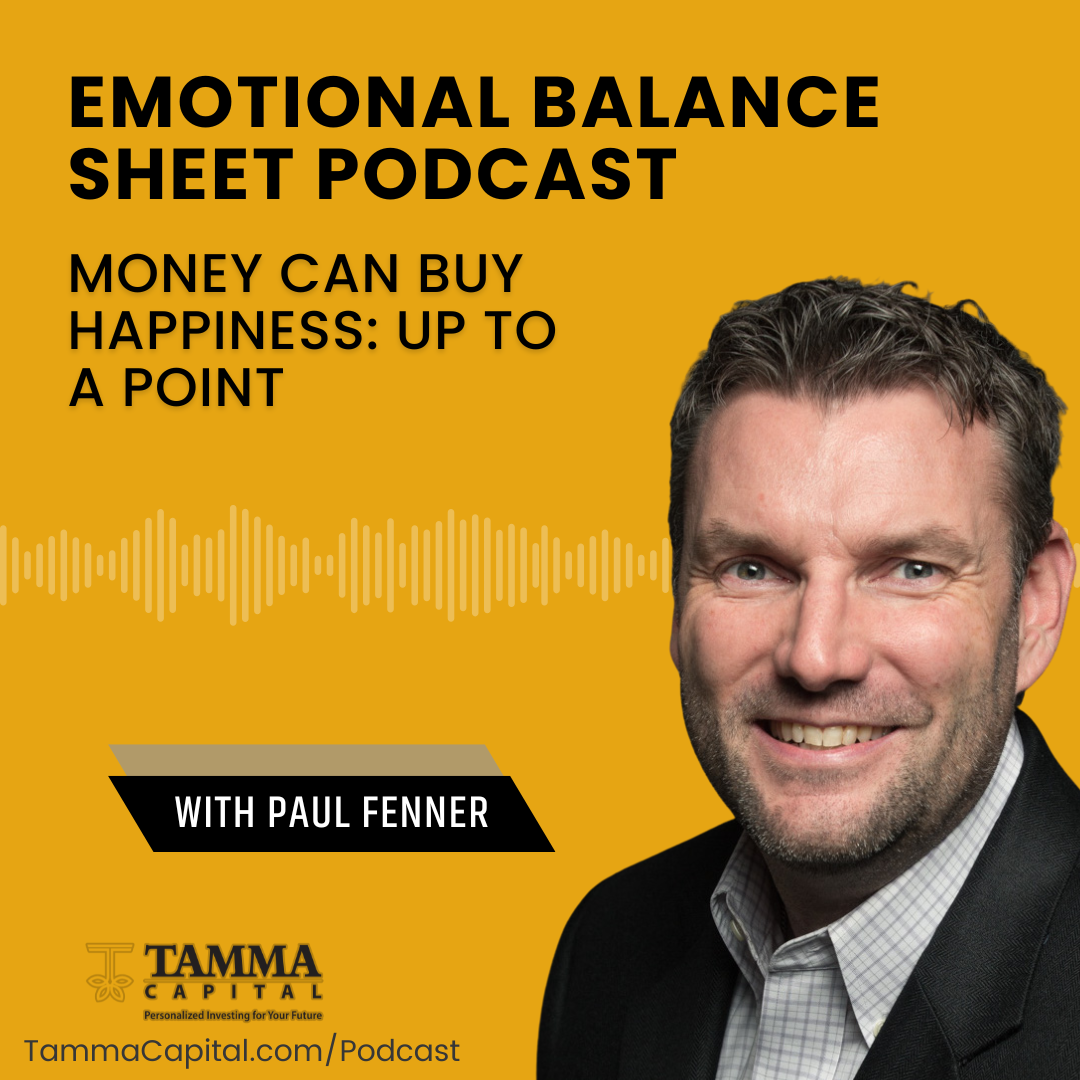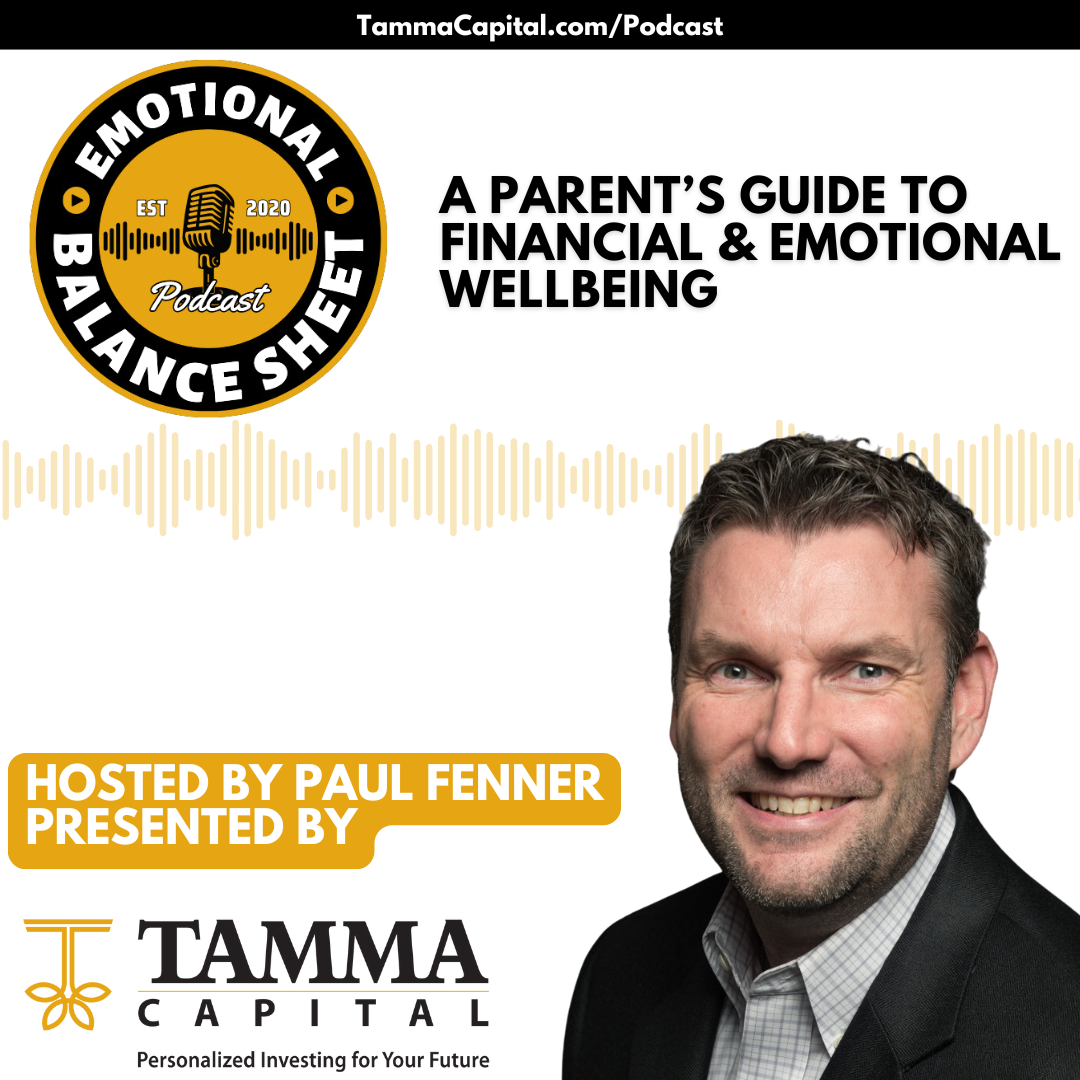Welcome to the Emotional Balance Sheet, the go-to podcast for parents with multiple kids, especially those with twins, triplets, or more, who are navigating the maze of modern family life and personal finance.
Whether you're overwhelmed by education costs, retirement planning, career transitions, or trying to define your purpose and plan, we're here to guide you with empathy, expertise, and encouragement.
Hosted by Paul Fenner, Founder of TAMMA Capital, a Certified Financial Planner®, and parent to 4 kids, including a set of triplets, our podcast is your ally in the quest for financial peace of mind, proving that money matters, but family comes first.
We understand that today's parents are juggling multiple financial and lifestyle priorities. That's why each episode is packed with actionable insights and real-world solutions that fit the needs of busy families.
Subscribe now and join our community of empowered parents at tammacapital.com.
It is a Parent's Guide to Financial and Emotional Wellbeing.
You will find links to each episode and the corresponding show notes at the bottom of this page.
Email us at pfenner@tammacapital.com with any feedback, recommendations, or questions.
Follow us on LinkedIn
If you enjoy this financial planning podcast, please leave a review on iTunes to help others discover the podcast on financial planning for multiple kids.
SUBSCRIBE

Ep.188 – Paul Fenner – Money Can Buy Happiness: Up to a Point
Discover the intricate relationship between money and happiness in this thought-provoking episode of the Emotional Balance Sheet podcast. Host Paul Fenner dives deep into whether more money truly leads to increased happiness, exploring concepts like financial freedom, emotional challenges, and the pitfalls of comparison. With insights inspired by Morgan Housel, Paul shares five key points about how to align your finances with your values to achieve true peace of mind. Tune in to learn why genuine contentment goes beyond wealth and how personal fulfillment requires more than financial stability.





